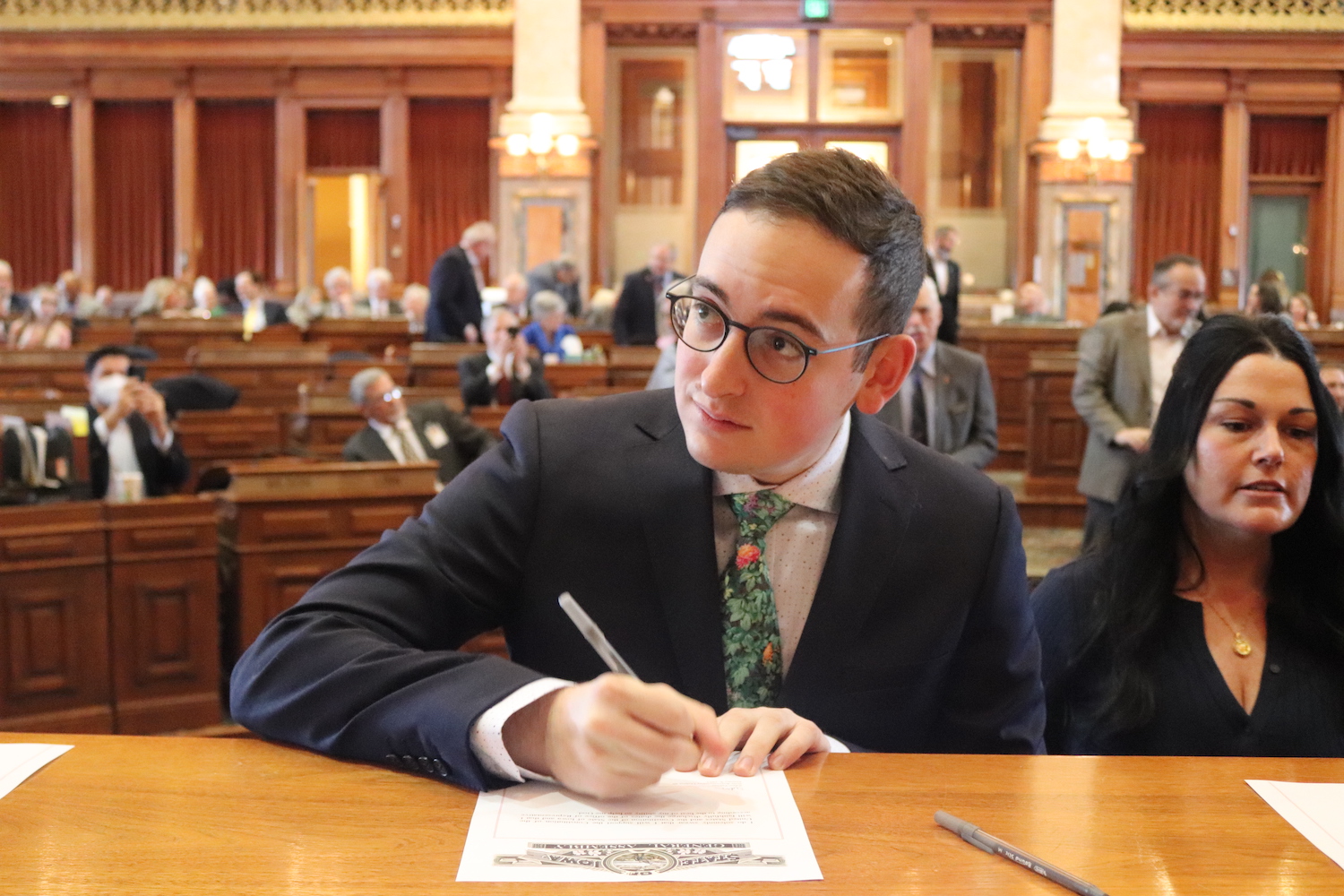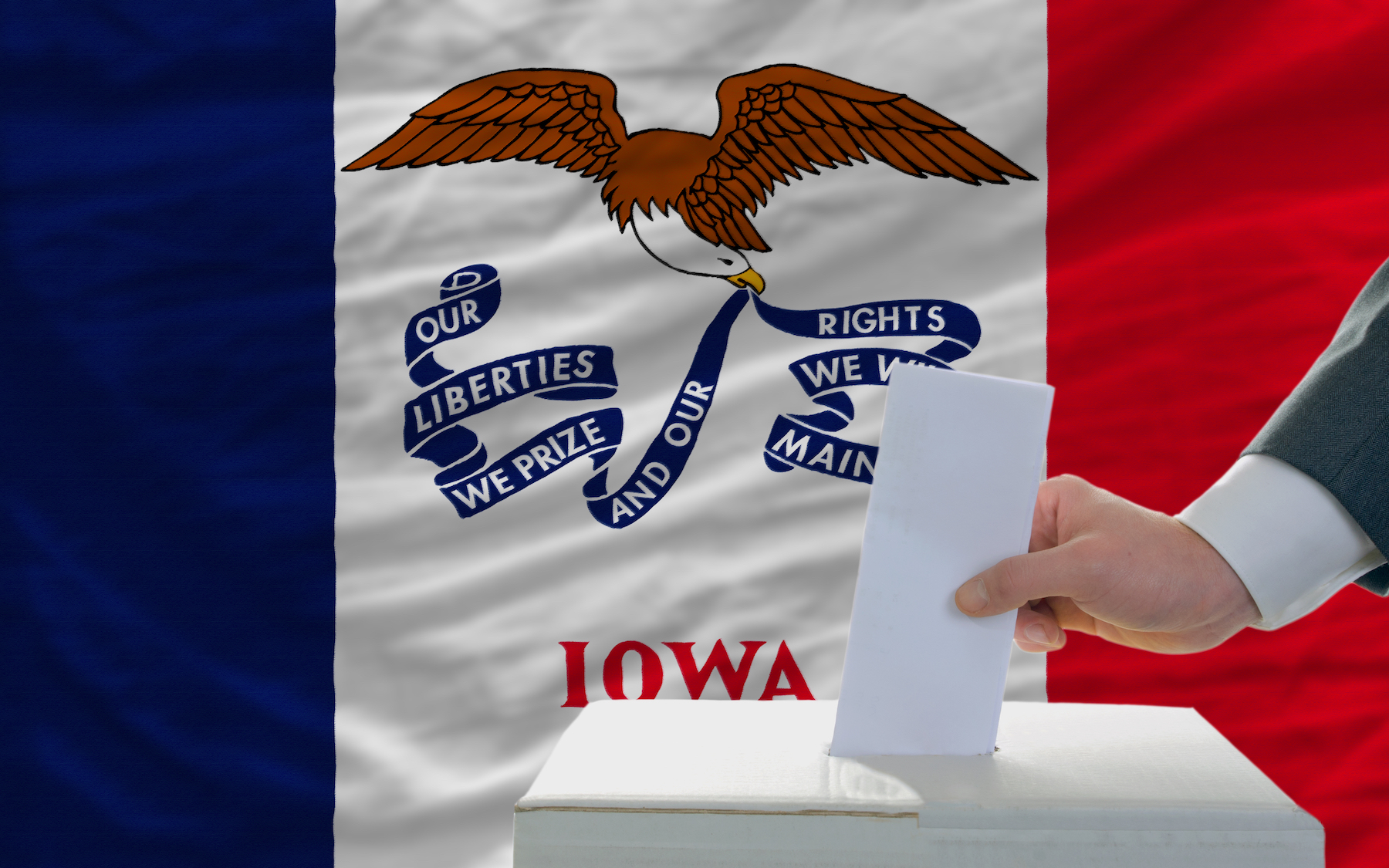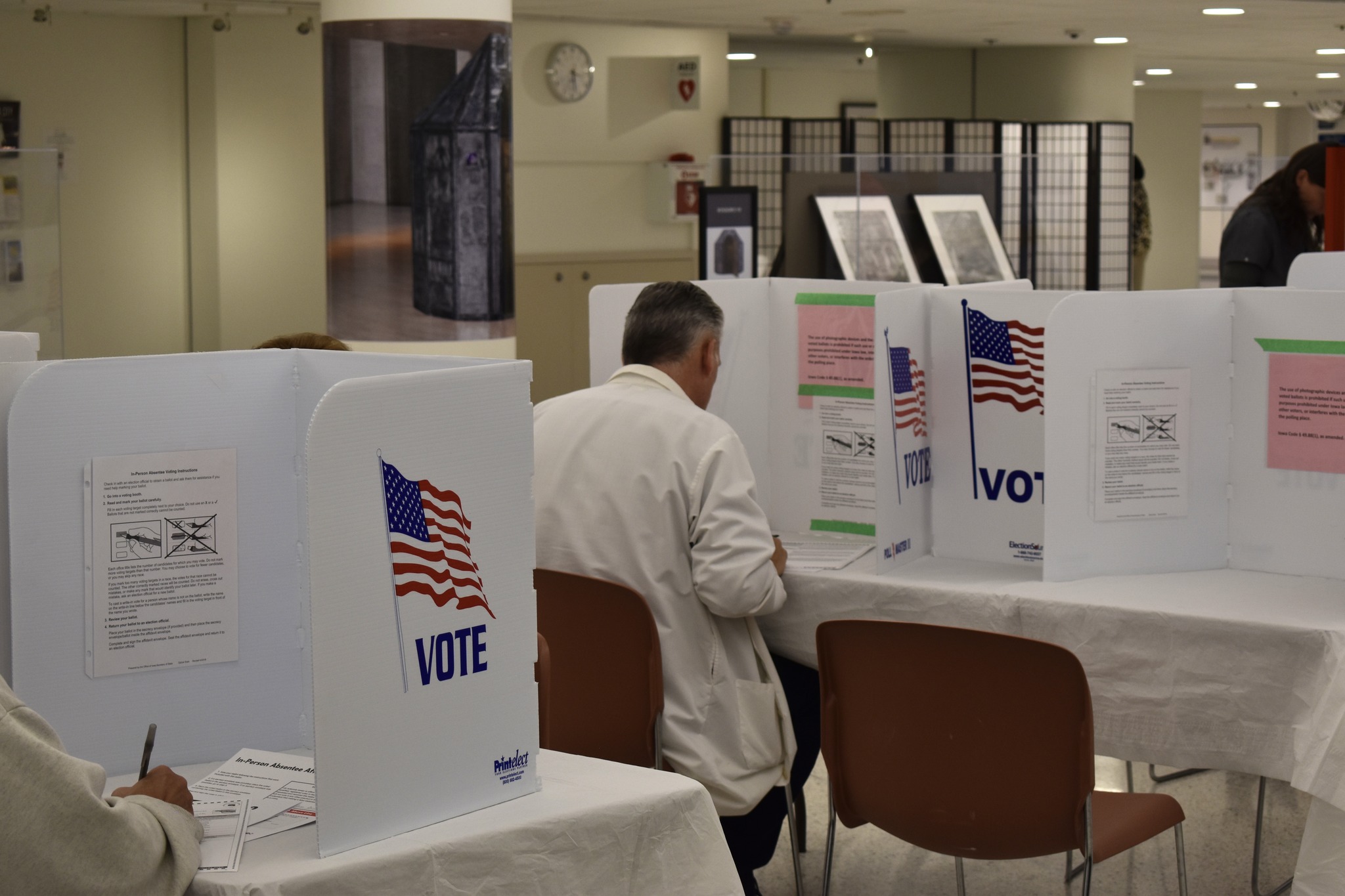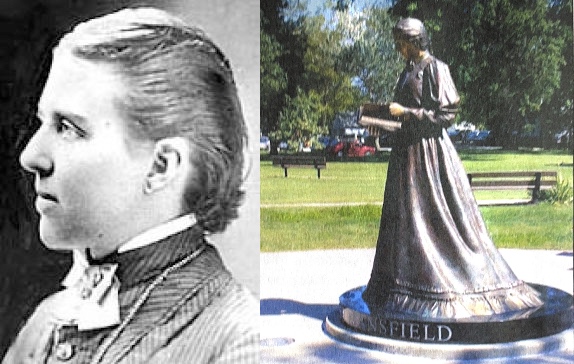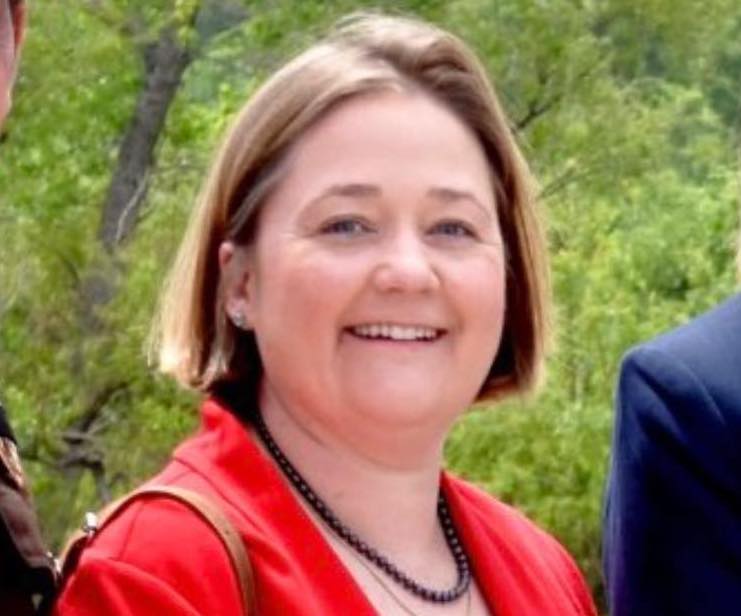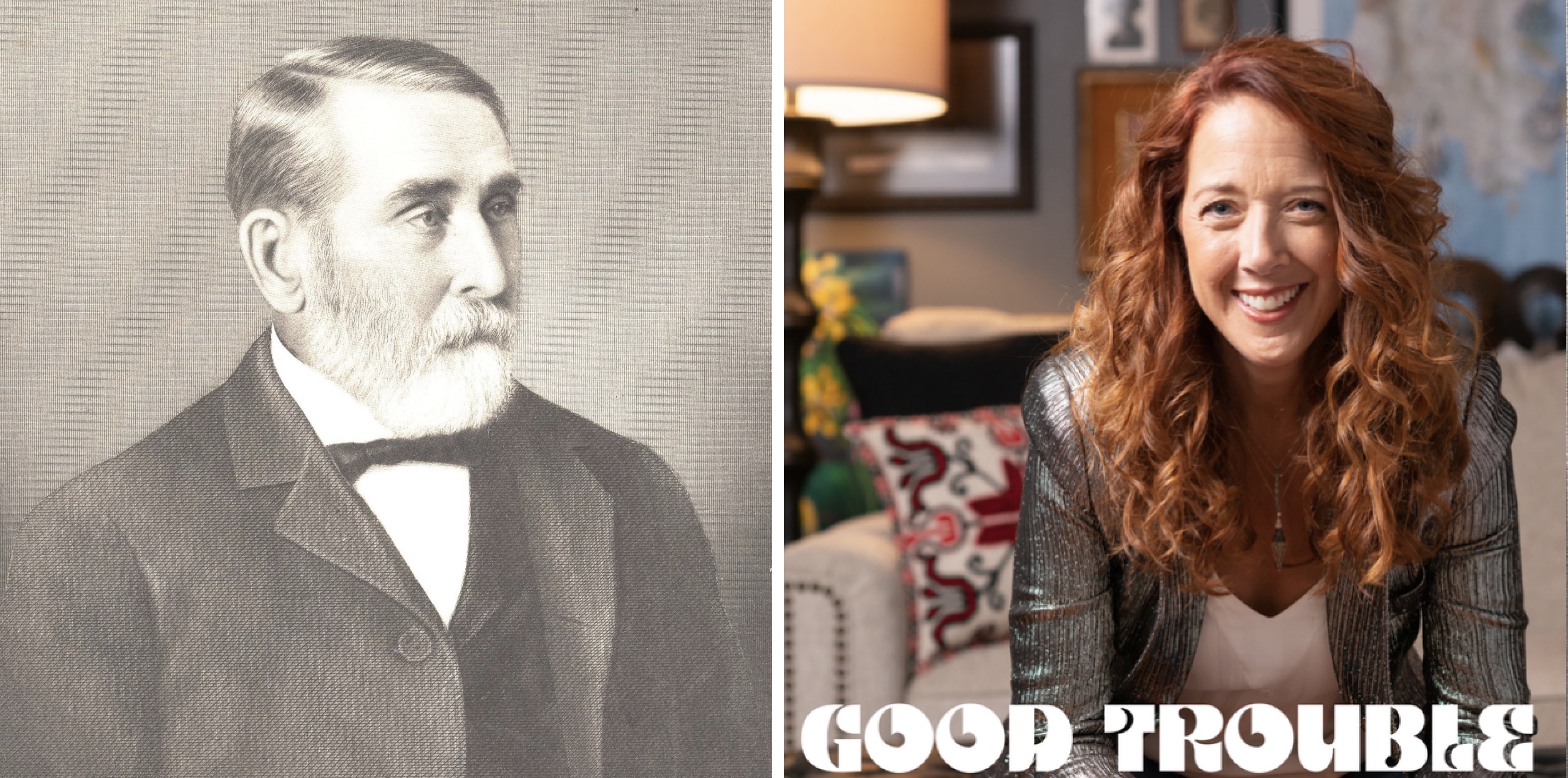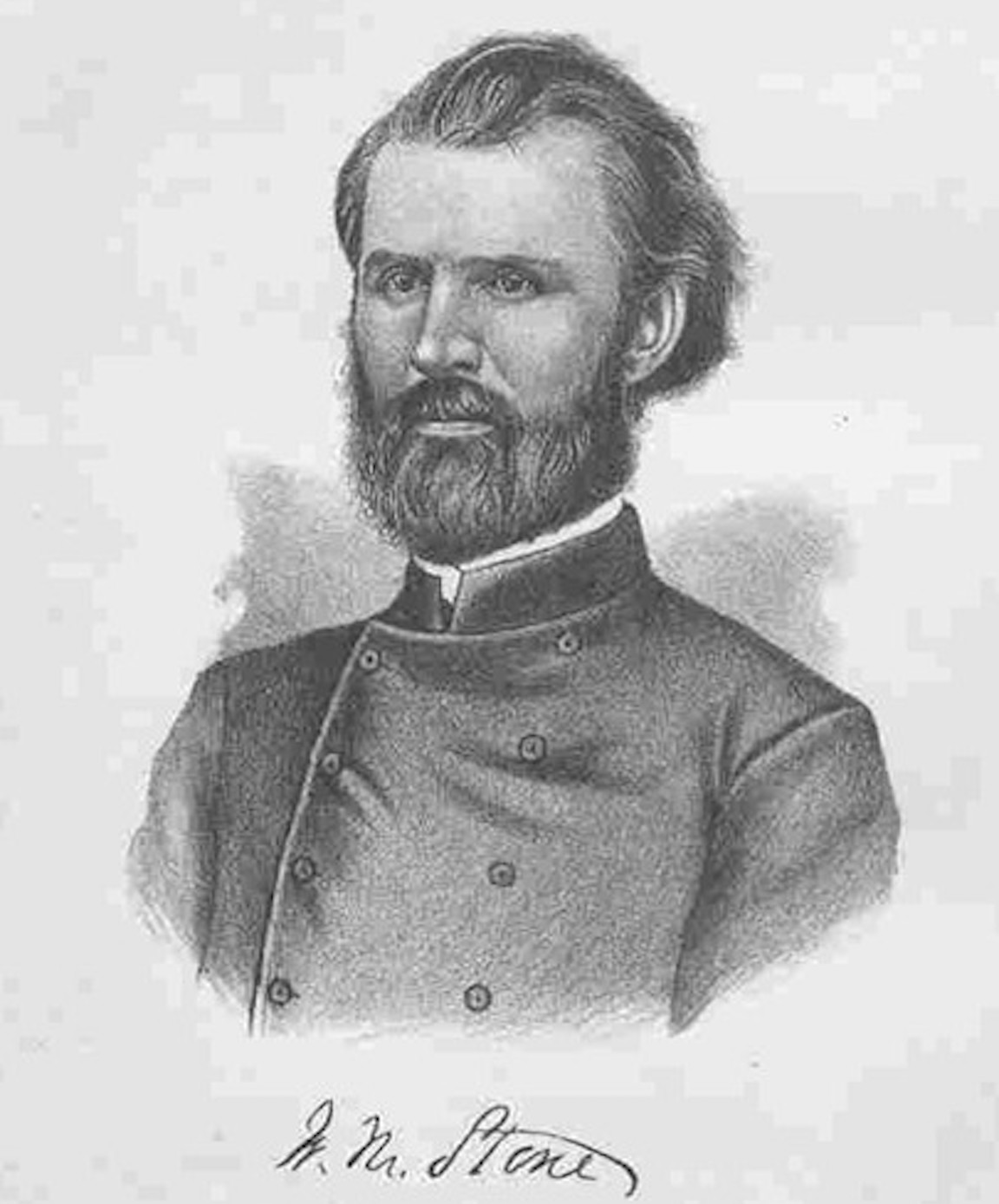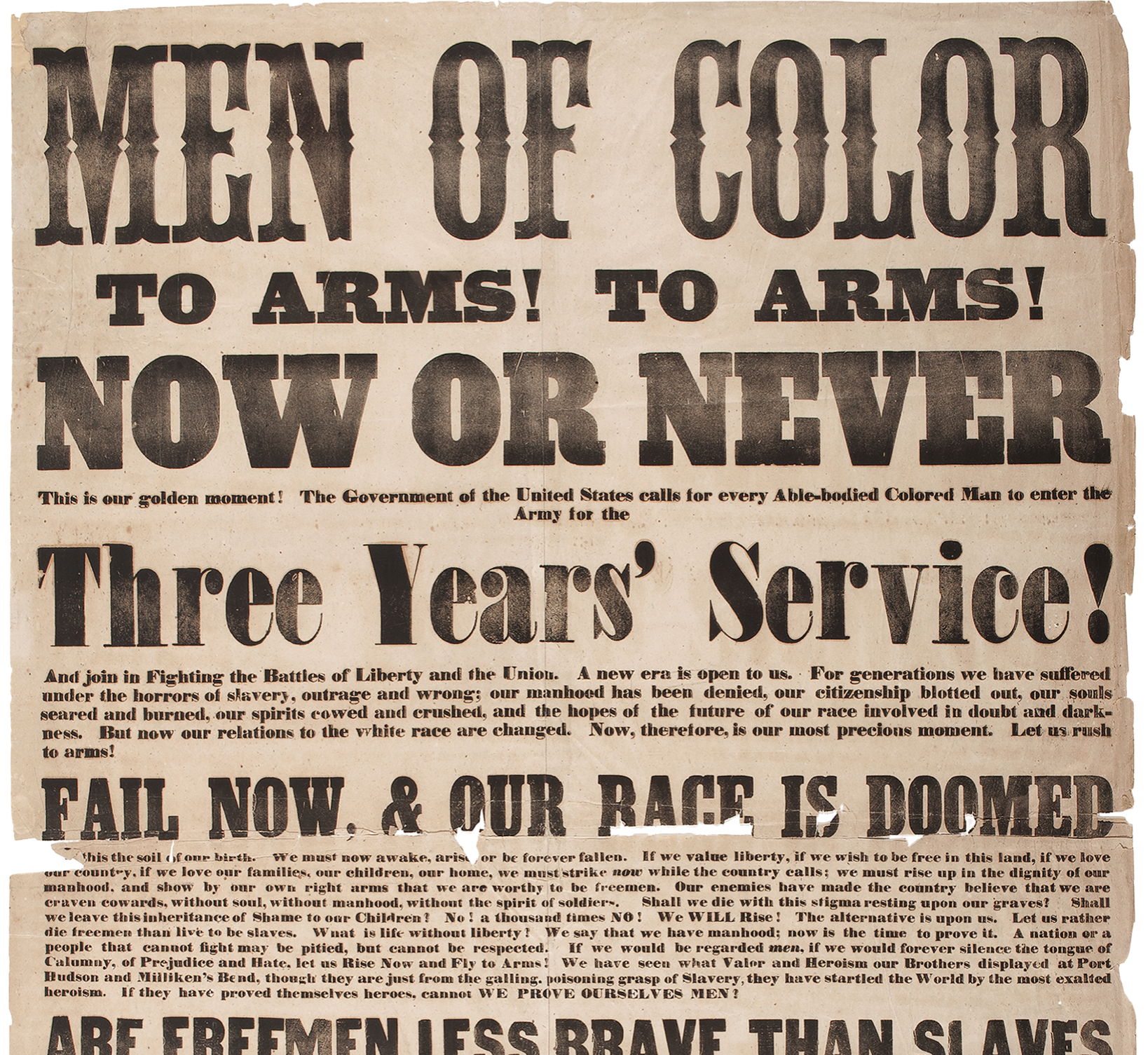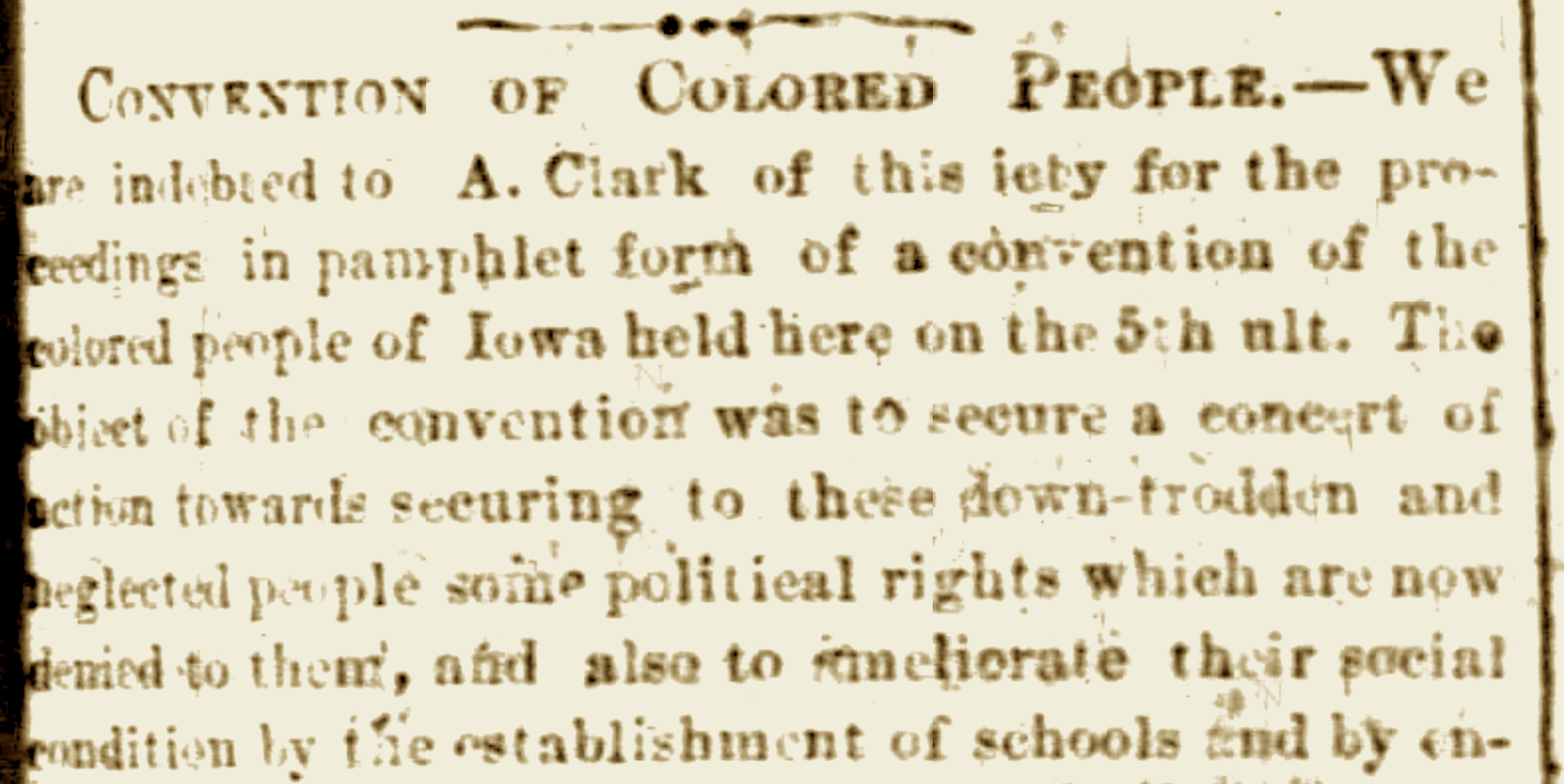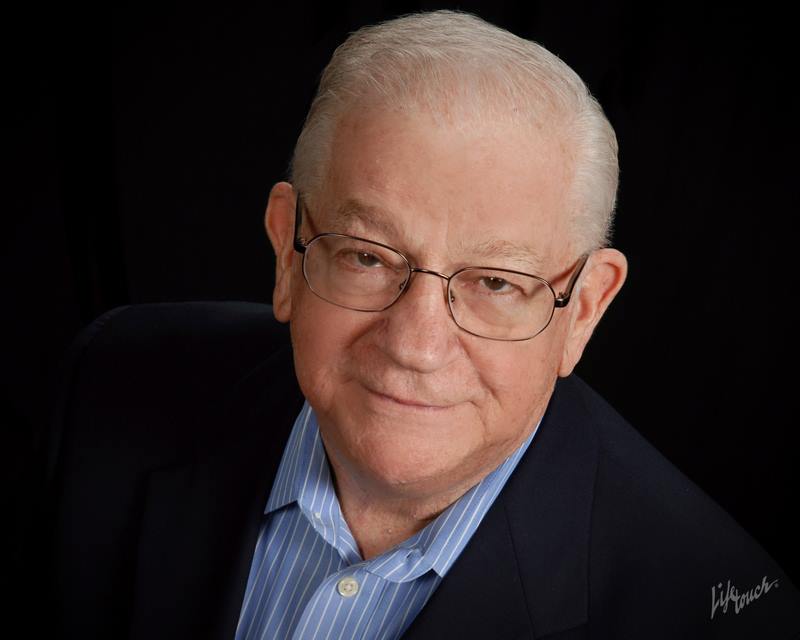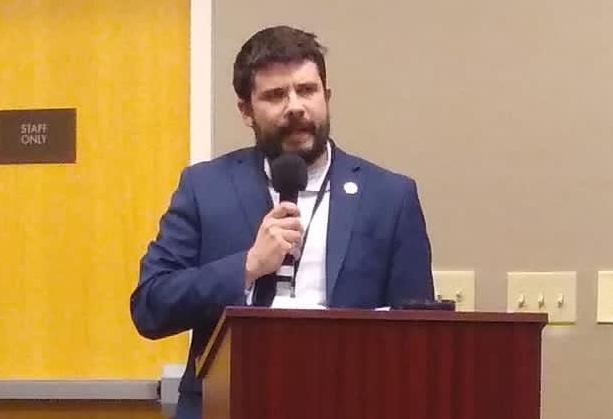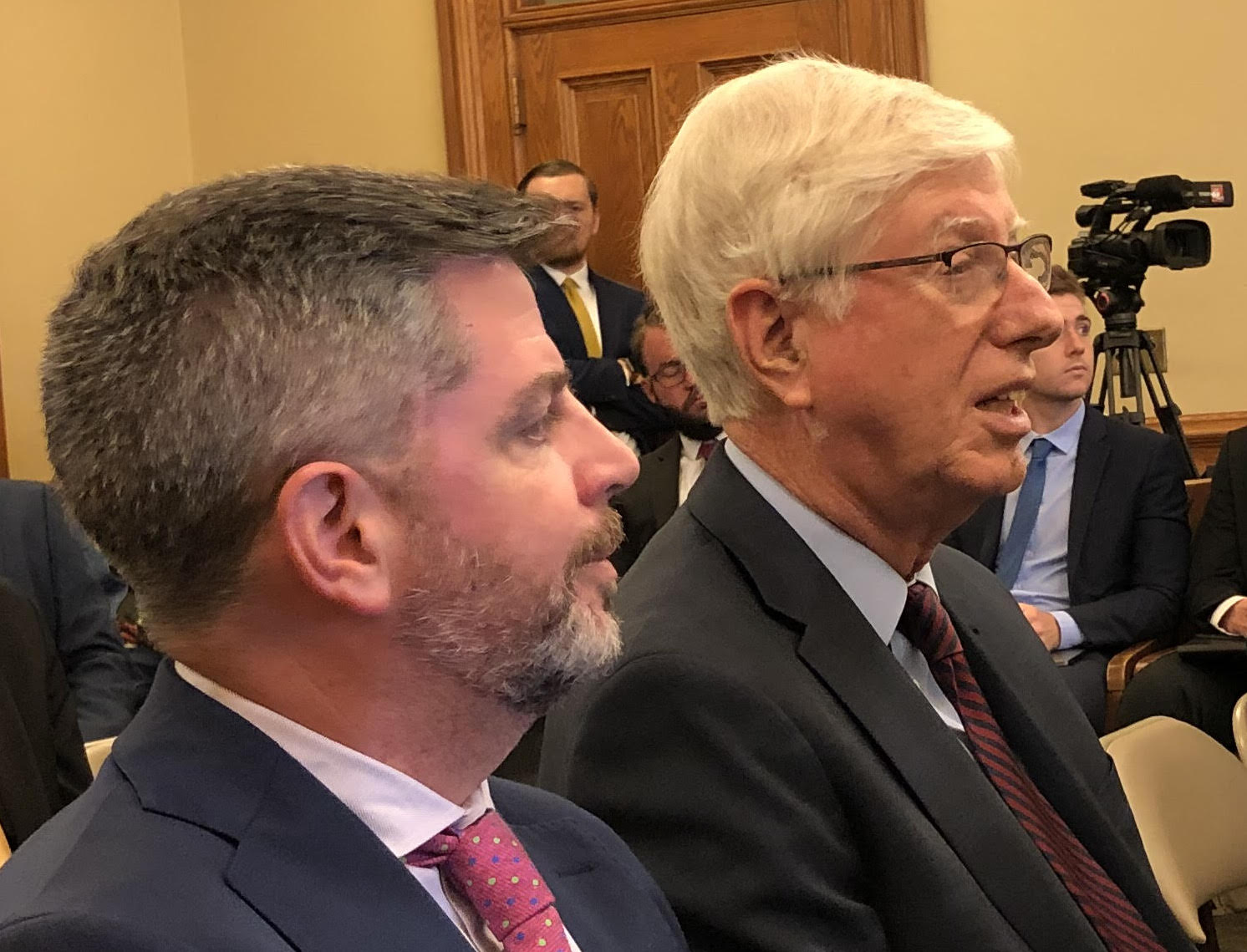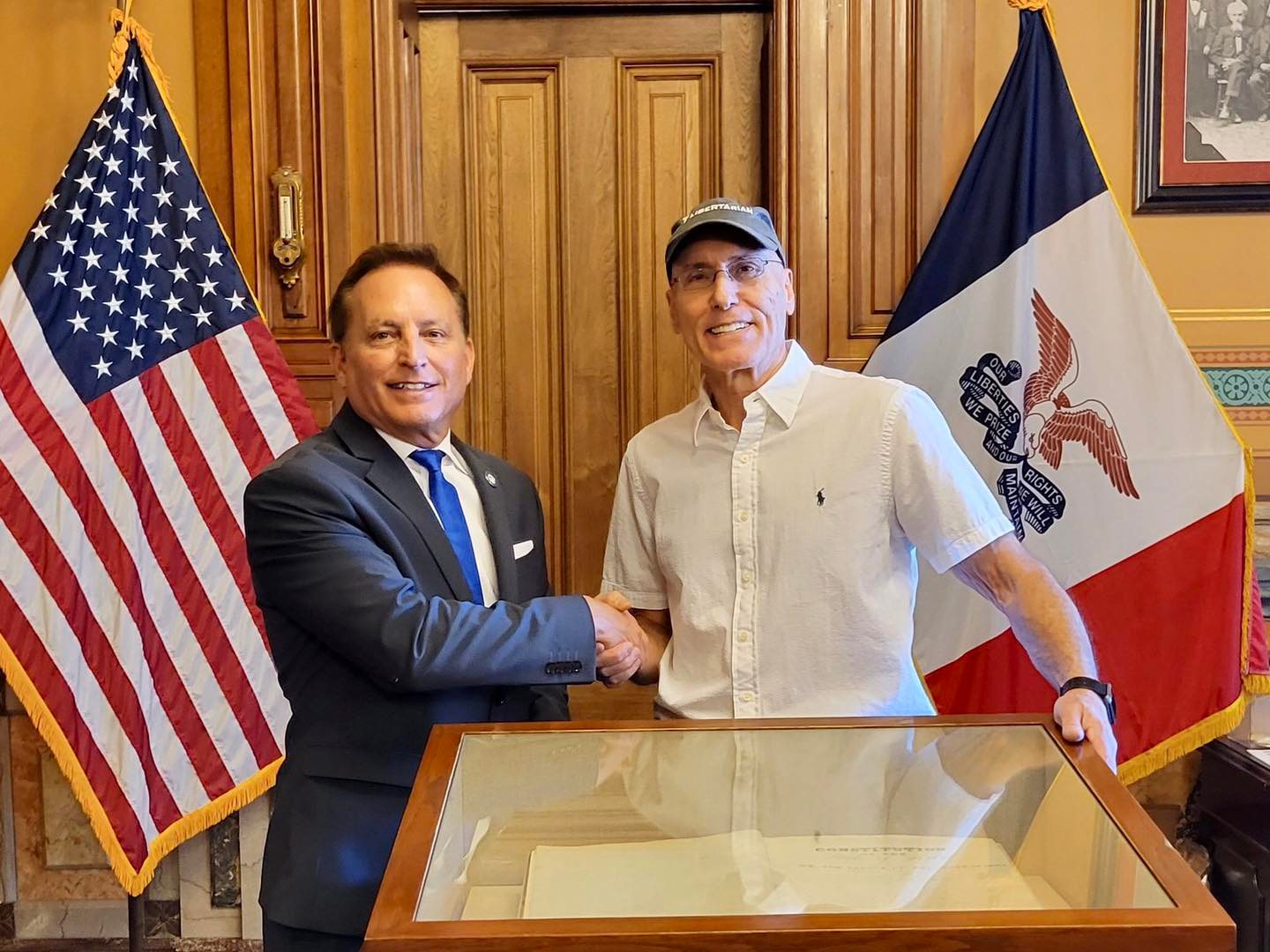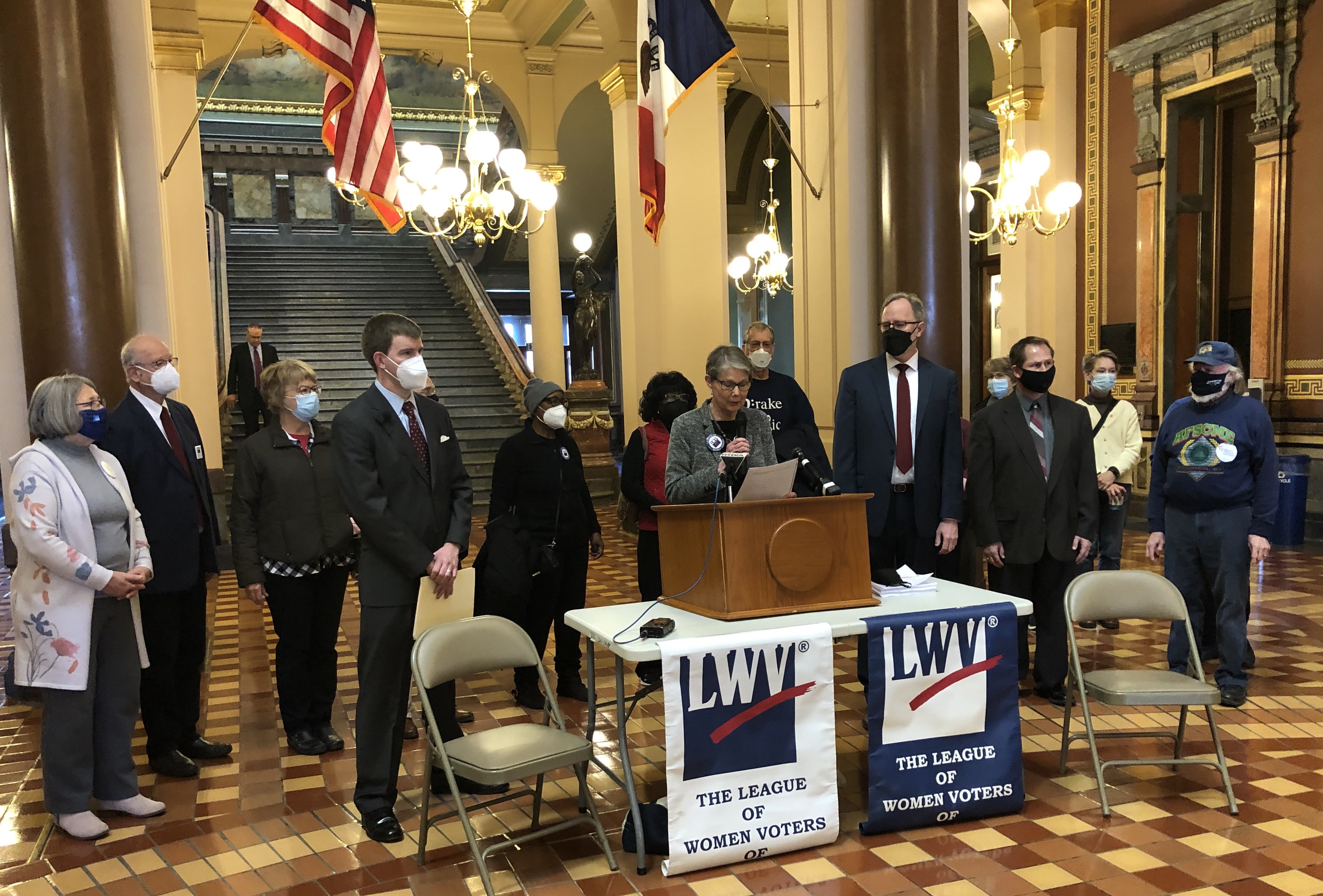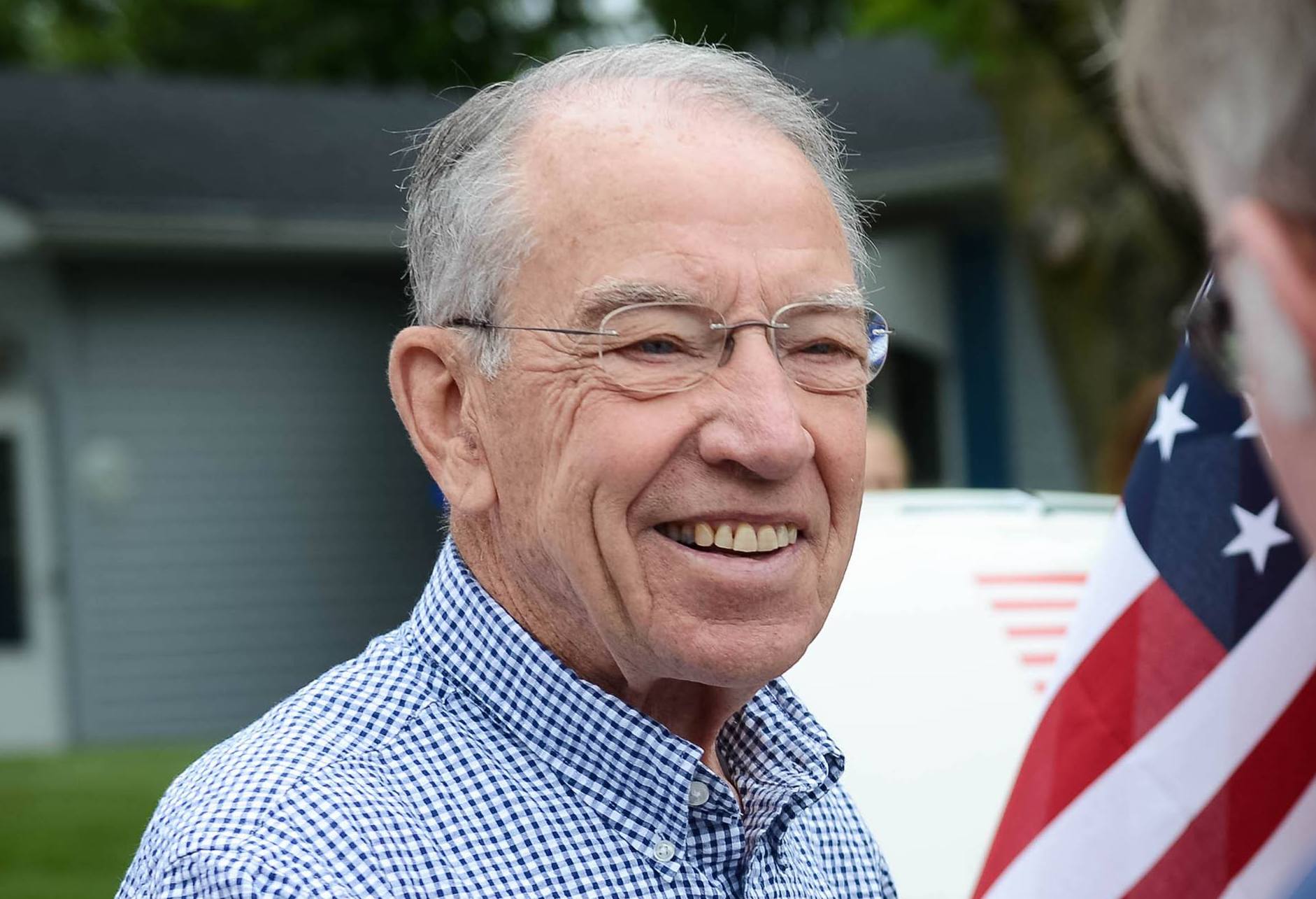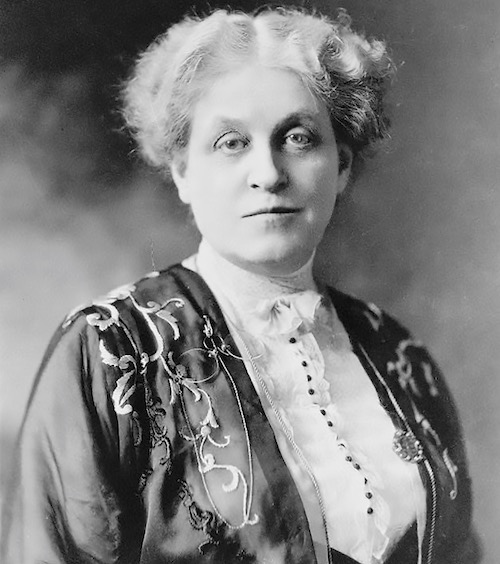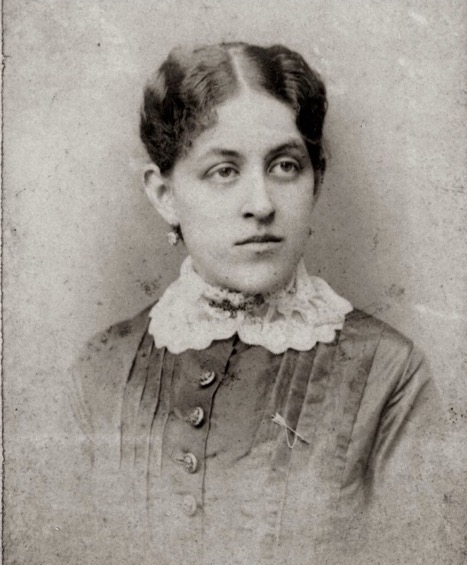Adam Zabner represents Iowa House district 90, covering part of Iowa City.
In April 2024, Bleeding Heartland published an op-ed I wrote detailing my fight with Governor Kim Reynolds’ administration to secure voting rights for Iowans on Medicaid. The fight centered around a federal law, the National Voter Registration Act, which requires states to offer voter registration to people registering for public assistance programs.
As I wrote, at the time, “Iowa’s Medicaid application form is 27 pages long. Many other states include a voter registration form in the packet. In Iowa, at the bottom of page 16, the packet contains one sentence and a link to the voter registration form. The link is printed out. An Iowan would have to type the 46-character link into their browser and access a printer to print it out. This is unlikely to register voters and states with similar policies have been found to be out of compliance with the NVRA.” The result was that far fewer people were registering to vote through Medicaid applications in Iowa, compared to almost any other state.
Continue Reading...
